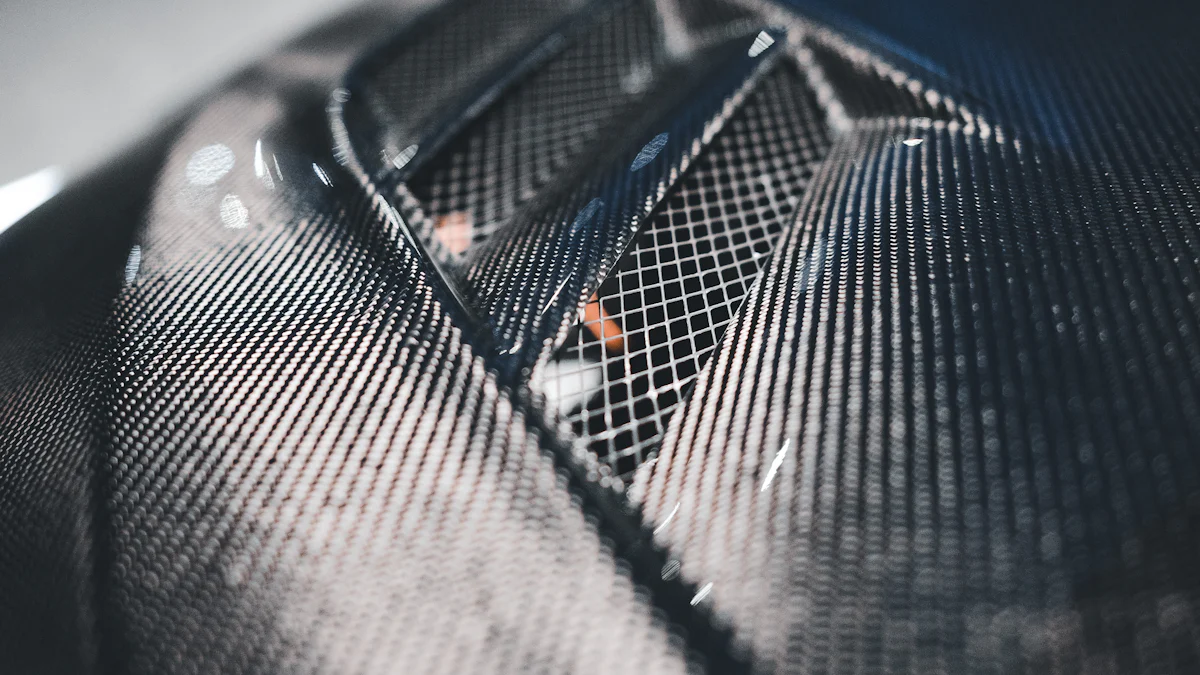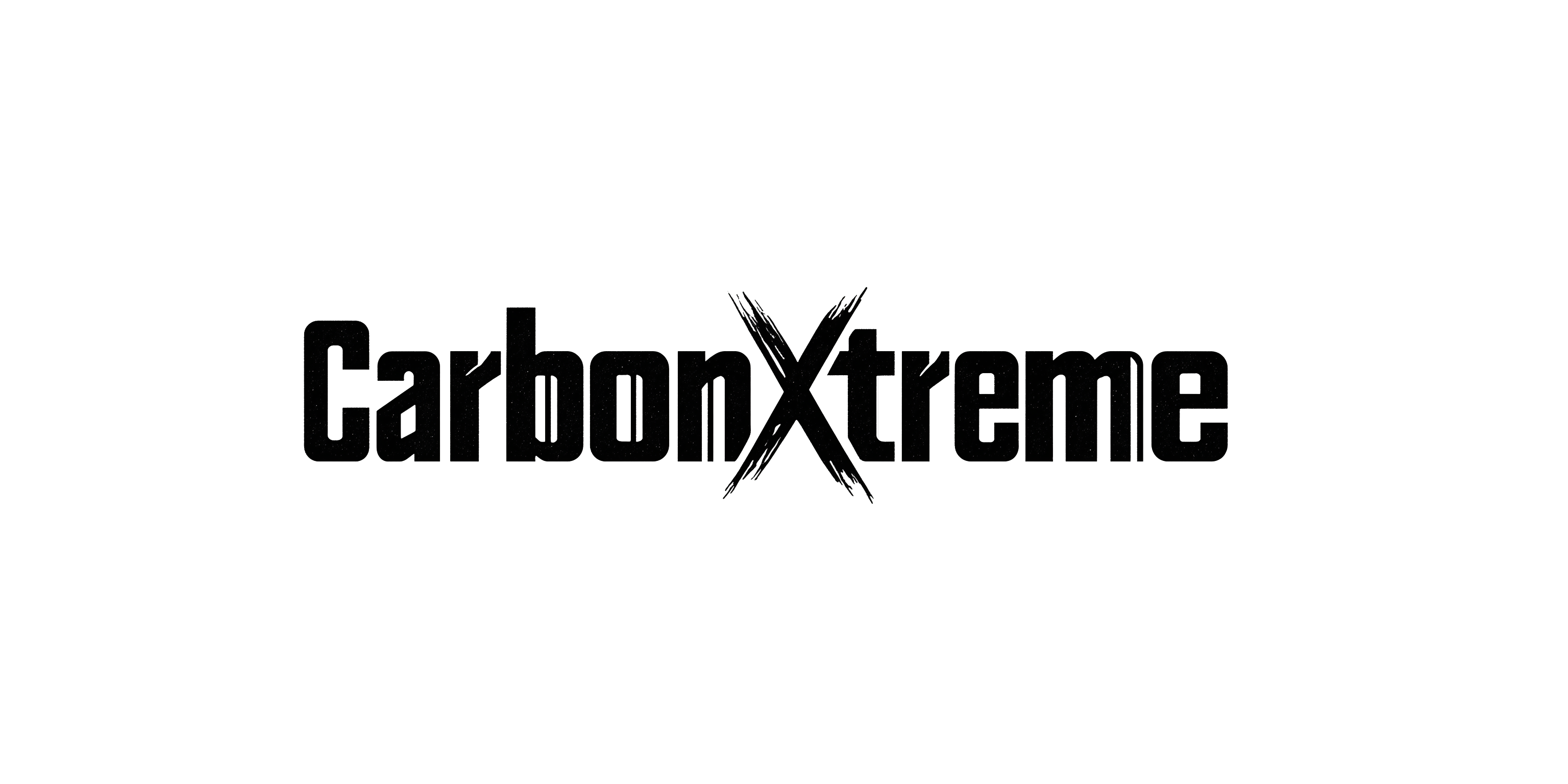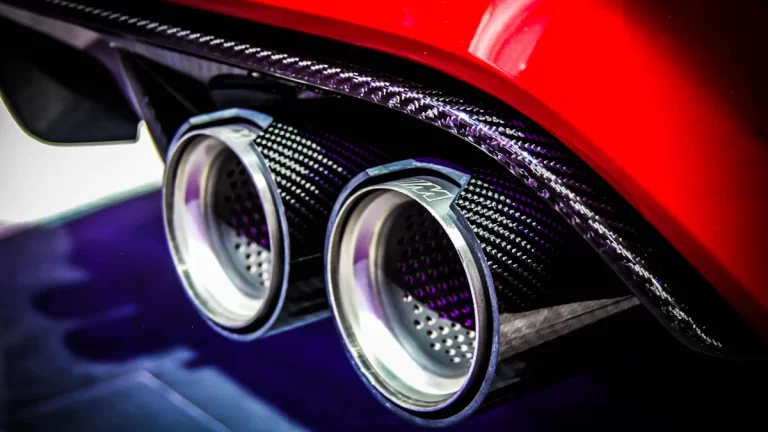
Carbon Fiber has revolutionized the automotive industry with its lightweight and durable properties. The global market for carbon fiber is expanding rapidly, projected to reach $19.77 billion by 2032. Choosing the right manufacturer becomes crucial as demand grows. A reliable manufacturer ensures high-quality components that enhance vehicle performance and safety. This review aims to guide consumers in making informed decisions by evaluating the strengths and weaknesses of various manufacturers.
Background Information
Overview of Carbon Fiber Technology
Carbon Fiber technology has transformed the automotive industry. Manufacturers use this material to enhance vehicle performance and efficiency. The properties of Carbon Fiber make it ideal for aerodynamics. The lightweight nature of Carbon Fiber reduces vehicle weight significantly. This reduction leads to better fuel efficiency. The strength of Carbon Fiber ensures durability and safety.
Benefits of Carbon Fiber in Aerodynamics
Carbon Fiber offers several benefits in aerodynamics. The material’s lightweight nature allows vehicles to achieve higher speeds. Reduced weight means less energy consumption. Vehicles with Carbon Fiber components experience improved handling. The stiffness of Carbon Fiber enhances stability during high-speed maneuvers. These benefits make Carbon Fiber a preferred choice for performance vehicles.
Common Applications in the Automotive Industry
The automotive industry uses Carbon Fiber in various applications. Manufacturers often incorporate Carbon Fiber into body panels. This inclusion reduces overall vehicle weight. Carbon Fiber also appears in interior components. The material provides a sleek and modern aesthetic. Engine components benefit from Carbon Fiber’s heat resistance. The versatility of Carbon Fiber makes it suitable for numerous automotive applications.
Key Players in the Market
The market for Carbon Fiber includes several key players. These companies lead the industry with innovation and quality.
Established Manufacturers
Several established manufacturers dominate the Carbon Fiber market. Companies like Toray Industries, Inc., and Teijin Limited have extensive product portfolios. These companies maintain a strong global presence. Research and development remain a priority for these manufacturers. Strategic partnerships and acquisitions help them stay competitive. Hexcel Corporation stands out with its commitment to technological advancement. The company introduced HexPEKK, a high-performance thermoplastic composite.
Emerging Companies
Emerging companies continue to enter the Carbon Fiber market. These companies focus on innovation and niche applications. SGL Carbon SE and Mitsubishi Chemical Holdings Corporation are notable examples. These companies invest in expanding their production capabilities. Emerging companies often collaborate with established players. This collaboration helps them gain market share and credibility.
Expectations vs. Reality
Quality of Carbon Fiber Products
Material Strength and Durability
Carbon Fiber products promise exceptional strength and durability. Manufacturers claim that Carbon Fiber components withstand high stress and resist wear. The automotive industry values these qualities for performance vehicles. Consumers expect Carbon Fiber parts to last longer than traditional materials. However, not all manufacturers deliver on these promises. Some Carbon Fiber products exhibit premature wear and damage. Inferior manufacturing processes compromise material integrity. Buyers must research manufacturers’ reputations for quality assurance.
Aesthetic Appeal
Carbon Fiber products often enhance a vehicle’s aesthetic appeal. The sleek and modern look attracts many car enthusiasts. Manufacturers design Carbon Fiber components to improve visual appeal. The unique weave patterns add a touch of sophistication. However, not all Carbon Fiber products meet aesthetic expectations. Some manufacturers produce components with uneven finishes. Poor craftsmanship leads to visible defects and inconsistencies. Consumers should inspect product samples before purchasing.
Fitment Issues
Common Fitment Problems
Fitment issues frequently arise with Carbon Fiber components. Manufacturers often struggle to achieve precise measurements. Misaligned parts cause installation difficulties. Consumers report gaps between Carbon Fiber parts and the vehicle body. These gaps affect the overall appearance and functionality. Inaccurate fitment results from inadequate quality control. Manufacturers must prioritize precision in production processes.
Impact on Performance
Fitment issues impact vehicle performance significantly. Misaligned Carbon Fiber components disrupt aerodynamics. This disruption reduces fuel efficiency and handling capabilities. Performance vehicles require precise component alignment. Poor fitment compromises the intended benefits of Carbon Fiber. Consumers experience diminished driving experiences due to these issues. Manufacturers must address fitment problems to maintain product credibility.
Misrepresentation and Customer Experience
Marketing Claims vs. Actual Performance
Manufacturers often make bold claims about carbon fiber products. These claims promise exceptional performance and durability. However, many consumers report discrepancies between marketing promises and actual product performance.
Customer Testimonials
Customer testimonials reveal dissatisfaction with certain manufacturers. Many customers express disappointment with product quality. Consumers often cite differences between advertised features and real-world performance. These testimonials highlight the need for thorough research before purchasing.
Customer Service and Support
Customer service plays a crucial role in consumer satisfaction. Responsive and effective support can mitigate negative experiences. However, many manufacturers fall short in this area.
Responsiveness and Resolution
Consumers often face challenges in reaching customer support. Delayed responses lead to frustration and dissatisfaction. Effective resolution of issues remains a significant concern. Manufacturers must prioritize timely and helpful customer interactions.
Warranty and Return Policies
Warranty and return policies vary among manufacturers. Some companies offer comprehensive warranties that instill confidence. Others provide limited or unclear policies, leaving consumers vulnerable. Clear and fair policies enhance consumer trust and satisfaction.
Installation Process

Ease of Installation
Installing Carbon Fiber parts requires specific tools and skills. A successful installation depends on having the right equipment. Basic mechanical skills are essential for a smooth process. The installation guide recommends using specialized tools to avoid damaging the parts. Careful handling of Carbon Fiber components ensures longevity and performance. Many enthusiasts find satisfaction in installing parts themselves. However, confidence in one’s abilities plays a crucial role.
The time and effort involved in installing Carbon Fiber parts vary. Simple installations may take a few hours. More complex projects demand a significant time investment. Enthusiasts should allocate sufficient time for careful installation. Rushing the process often leads to mistakes and potential damage. Proper preparation and planning enhance the installation experience.
Professional Installation vs. DIY
Professional installation offers several advantages. Experts possess the necessary skills and experience. They ensure precise fitment and alignment of Carbon Fiber parts. Hiring professionals eliminates the risk of errors during installation. Many consumers prefer professional services for peace of mind. However, professional installation incurs additional costs.
DIY installation provides a cost-effective alternative. Enthusiasts enjoy the satisfaction of completing the project themselves. DIY projects offer flexibility in scheduling and execution. However, the risk of improper installation remains a concern. Inexperienced individuals may struggle with complex tasks. Weighing the pros and cons helps consumers make informed decisions.
Cost Implications play a significant role in choosing between professional and DIY installation. Professional services often come with a higher price tag. Consumers must consider their budget and priorities. DIY projects save money but require time and effort. Evaluating personal skills and resources aids in decision-making.
The pros and cons of each approach influence consumer choices. Professional installation guarantees quality and precision. DIY projects offer satisfaction and cost savings. Consumers must assess their abilities and preferences. Making an informed choice ensures a successful installation experience.
Legal Actions and Consumer Protection
Notable Legal Cases
Lawsuits Against Manufacturers
The carbon fiber industry has witnessed several lawsuits against manufacturers. Consumers have filed legal actions due to misleading claims and defective products. Many lawsuits focus on the lack of quality control in manufacturing processes. Some manufacturers fail to meet safety standards, leading to consumer dissatisfaction. Legal cases often highlight the importance of transparency and accountability.
Outcomes and Implications
Legal outcomes have significant implications for carbon fiber manufacturers. Courts have imposed penalties on companies for false advertising and product defects. These penalties serve as a deterrent for future misconduct. Manufacturers must improve quality control to avoid legal repercussions. The industry faces increased scrutiny from regulatory bodies. Companies must adhere to strict standards to maintain credibility.
Consumer Rights and Advocacy
How to Protect Yourself
Consumers must take proactive steps to protect themselves when purchasing carbon fiber products. Researching manufacturers and reading reviews can provide valuable insights. Consumers should verify the authenticity of marketing claims before making a purchase. Understanding warranty and return policies is crucial for consumer protection. Awareness of consumer rights empowers individuals to make informed decisions.
Resources for Consumers
Several resources are available for consumers seeking assistance in the carbon fiber market. Consumer advocacy groups offer guidance and support for individuals facing issues. Online forums and communities provide platforms for sharing experiences and advice. Government agencies enforce regulations to ensure consumer safety and fairness. Utilizing these resources enhances consumer confidence and protection.
The review highlights significant findings in the carbon fiber aero manufacturing industry. Consumers should prioritize manufacturers with a proven track record of quality and transparency. Researching customer testimonials and legal actions provides valuable insights. The industry presents strategic growth opportunities in automotive and aerospace sectors. Sustainable practices and innovative products will drive market expansion. Consumers must remain vigilant and informed to make sound purchasing decisions. The carbon fiber market holds promise but requires careful navigation to ensure satisfaction and performance.
See Also
Choosing Top Carbon Fiber Aerodynamic Components for Your Vehicle






